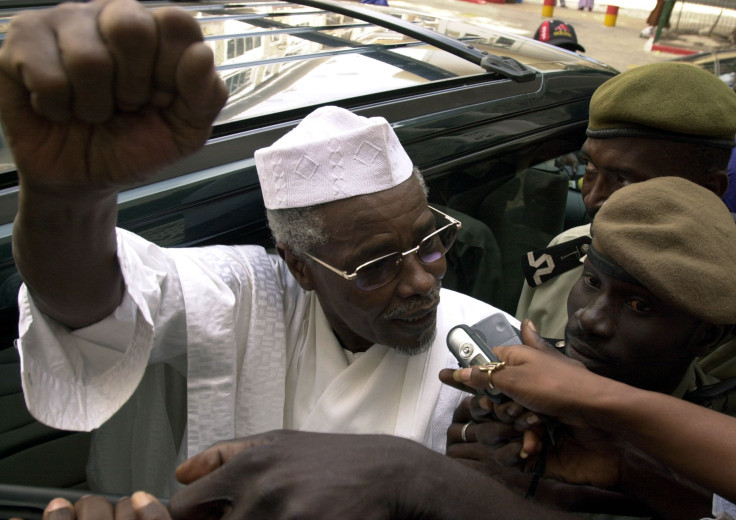Ex-Dictator Of Chad's Trial In Senegal Will Make History

History will be made Monday when Chad’s former director Hissene Habre goes on trial in Senegal over his regime’s brutality, the Associated Press reported. This is the first time one African country’s tyrant has been called to account by another.
Habre has been in custody in Senegal since June 2013. During his years in power between 1982 and 1990, human rights groups say, 40,000 people were killed under Habre’s regime, which was known for its fierce repression of opponents and for targeting rival ethnic groups. The charges brought against him include crimes against humanity, war crimes and torture.
Until now, African leaders accused of brutalities have been tried in international courts. Habre, though, will be tried by the Extraordinary African Chambers, which is a special court established by the African Union under an agreement with Senegal. A judge from Burkina Faso will lead the trial.
Currently, relations between the African Union and International Criminal Court are strained, and African Union members have accused the International Criminal Court of targeting only African leaders.
"The African Union believes that the International Criminal Court metes out selective justice and pursues only Africans," Marcel Mendy, a spokesman for the Senegalese chambers, told a news conference in Dakar on Sunday, the Associated Press reported.
One of Habre’s lawyers said he refuses to recognize the legitimacy of the court and will not cooperate with the hearings.
Senegal has had to amend its laws to adopt "universal jurisdiction,” which is the foundation in international law that allows one country to judge a foreigner for offenses allegedly committed in another, the AP reported. The trial is costing $10 million, and the court is scheduled to hear from 100 witnesses over three months.
If convicted, Habre’s sentence is expected to be 30 years to life with hard labor and be served in Senegal or another African Union country.
© Copyright IBTimes 2025. All rights reserved.






















